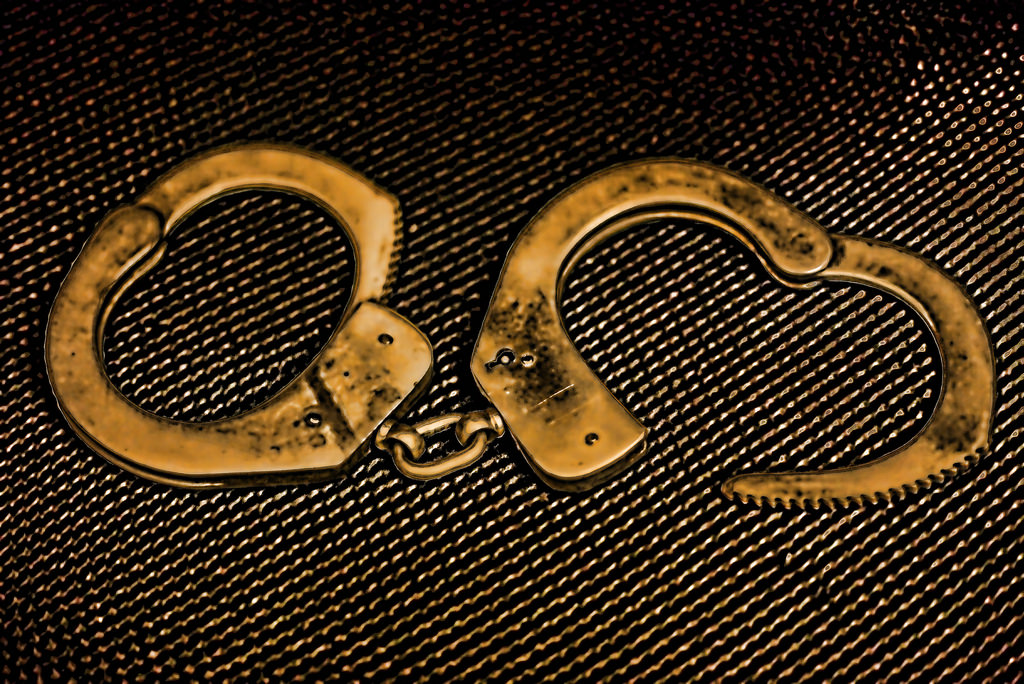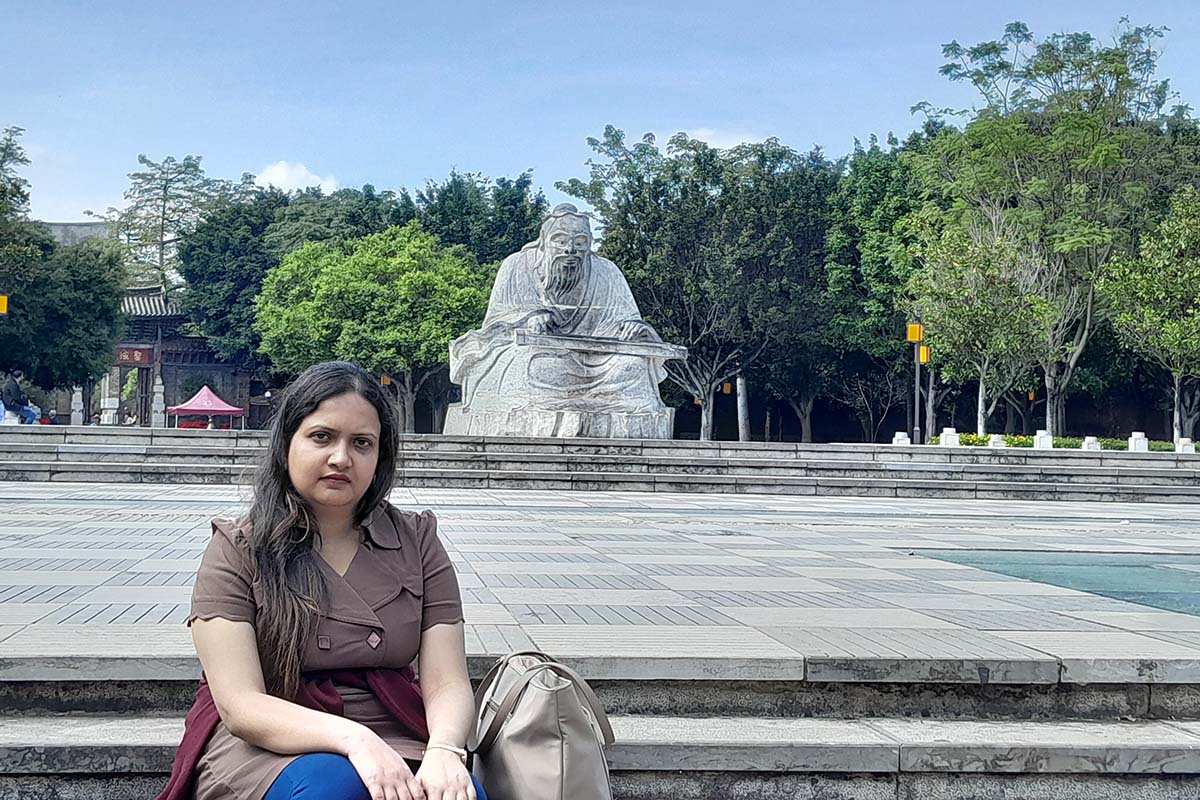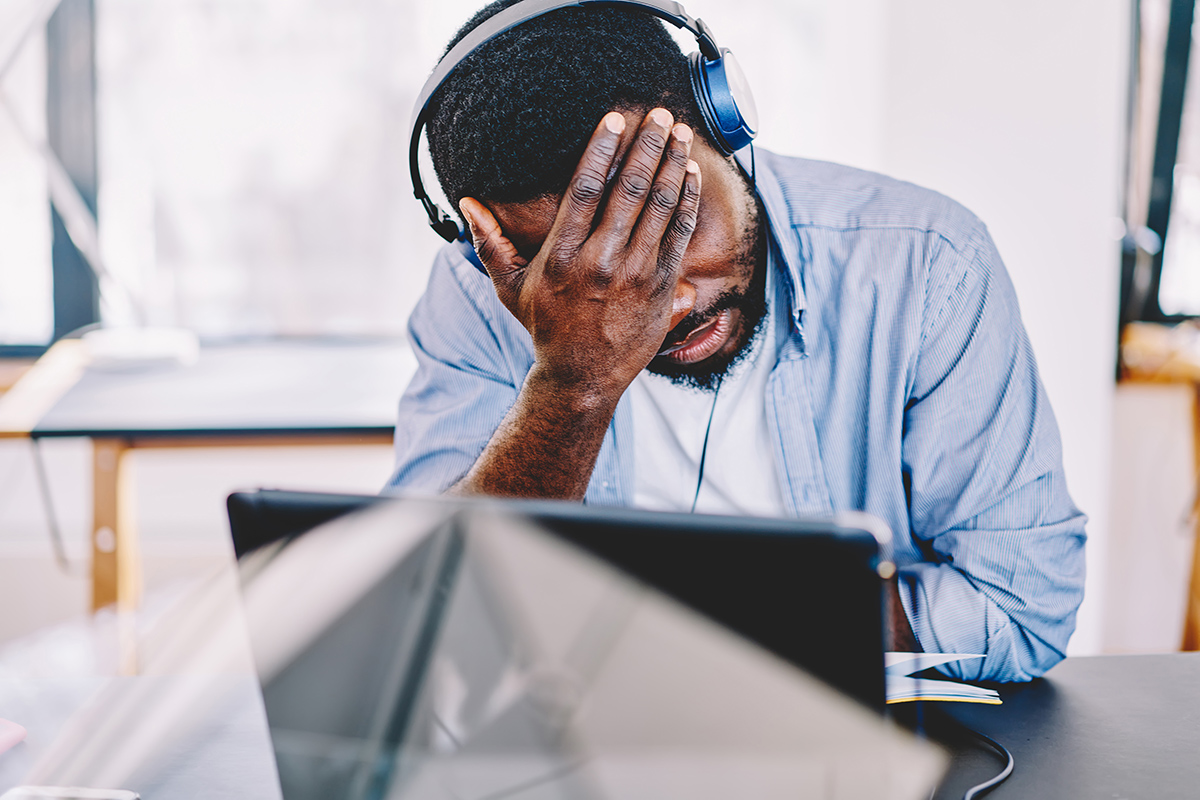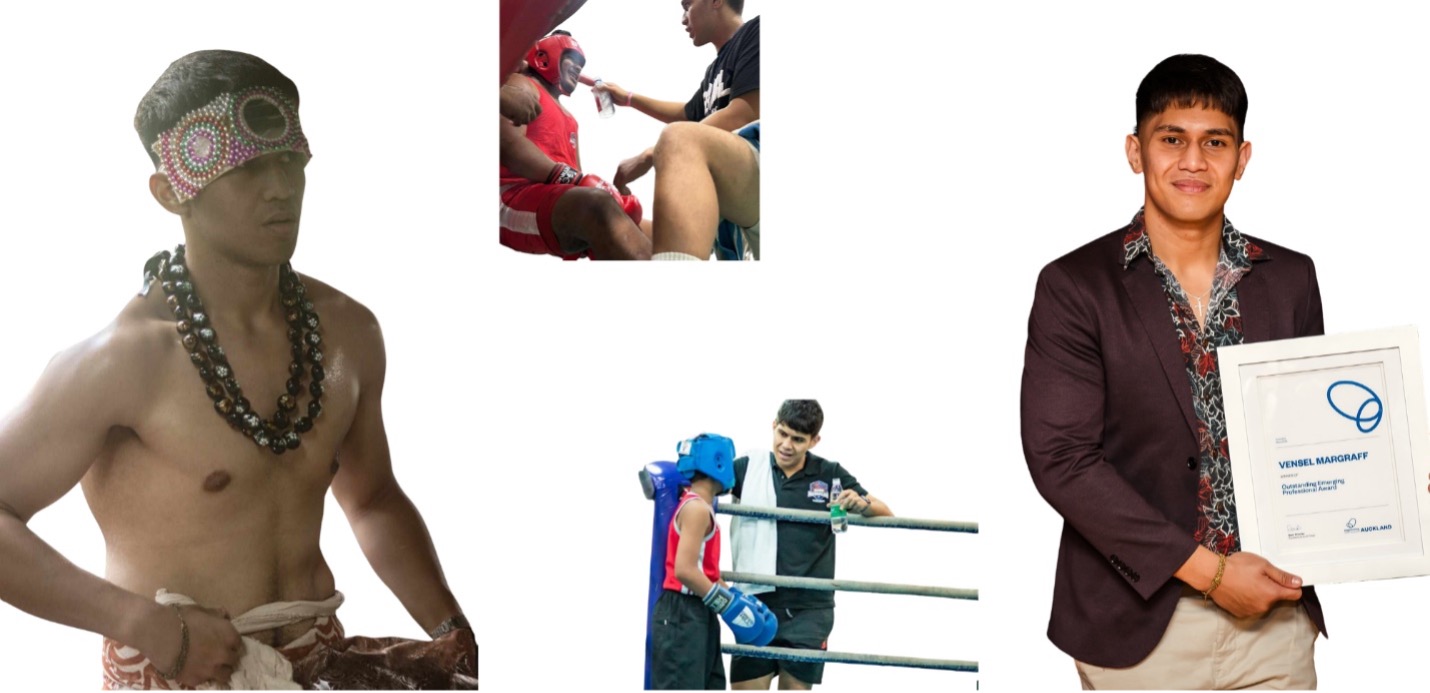“When gatekeepers risk becoming poachers”
September 8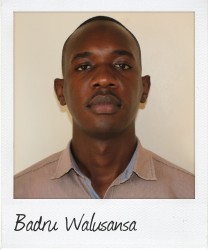 Policing is part of good governance but Badru Walusansa, 25, a Correspondent from Kampala in Uganda, argues that strong laws and monitoring are needed to keep the balance between the police and the public it serves.
Policing is part of good governance but Badru Walusansa, 25, a Correspondent from Kampala in Uganda, argues that strong laws and monitoring are needed to keep the balance between the police and the public it serves.
One of the outstanding achievements that this government was premised upon is maintaining a police force.
By far, this is not synonymous with those of past regimes. The current regime used to leverage on a police force that was not militarised nor brutal in suppressing peoples’ freedoms. However, the focus has changed over time, and what used to be referred to as a professional police has allegedly violated human rights.
Recently, I was challenged to get out a copy of my constitution to remind myself about the cardinal functions of the Uganda Police Force. There I was, with article 212 (a) (b), while thinking what the framers of this article were even thinking, not to include brutalising civilians with “Kiboko”? Perhaps we need an amendment for the same article in light of the Inspector General of Police’s recent reiteration regarding police and civilian beatings.
Besides the police brutality that everyone witnessed in the media recently, who knows what police brutality against civilians goes unnoticed behind cameras? This, then, is a sledgehammer to my earlier expectation of a police that recently celebrated 100 years with a broad theme, indicative of transition from colonial policing to community policing.
In reality, community policing is indispensable to have citizens collaboratively work with police and eventually build mutual ties between the two parties. The underlying question is, have we actually achieved the benefits of mutual cooperation between police and civilians? Or we are moving towards a different direction? To me, I see a big divide between civilians and police, although the latter should protect the lives and property of the former.
Our police has branded itself as rebellious, through committing unseemly acts while implementing public order. It often employs excessive force and repressive prowess on unarmed civilians, who under such circumstances sustain severe injuries and lose lives.
Albeit civil society actively engages police through amplifying civilian voices to professionalise it operations, less has been done to that effect. I think if police fairly operationalised Article 211 (3) of the constitution, it would save the bad image it’s grappling with.
As we continue with this conversation, four police officers implicated in the mayhem caused against opposition supporters are being tried in police court, in a legal process that several lawyers have described as largely contested and unjust.
One of the recommendations suggested by the Foundation for Human Rights Initiative (FHRI) in light of professionalising police is to refrain from using excessive force in regulating public gatherings and effecting arrests, and to ensure that police officers are equipped with non-lethal crowd control equipment such as rubber bullets and tear gas. Even these should be applied proportionately and only when absolutely necessary.
We need to rethink an institutional policy, relevant to professionalise the Uganda Police Force, lest it will continue sliding off its constitutional functions to something else.
photo credit: I Trust You With My Open Heart via photopin (license)
………………………………………………………………………………………………………………
About me: I am a coordinator for Hands Against Poverty-Uganda, an initiative I support as I aspire to influence more youths in Uganda to directly engage in poverty reduction programmes. I am active in human rights advocacy and elections management, after having been a voter educator at the Citizens Election Observers Network-Uganda.
I have a passion for writing and have authored several articles on different topics in the Weekly Observer newspaper, and contribute articles for the Foundation for Human Rights Initiative’s website.
…………………………………………………………………………………………………………………
Opinions expressed in this article are those of the author and do not necessarily represent the views of the Commonwealth Youth Programme. Articles are published in a spirit of dialogue, respect and understanding. If you disagree, why not submit a response?
To learn more about becoming a Commonwealth Correspondent please visit: http://www.yourcommonwealth.org/submit-articles/
………………………………………………………………………………………………………………
